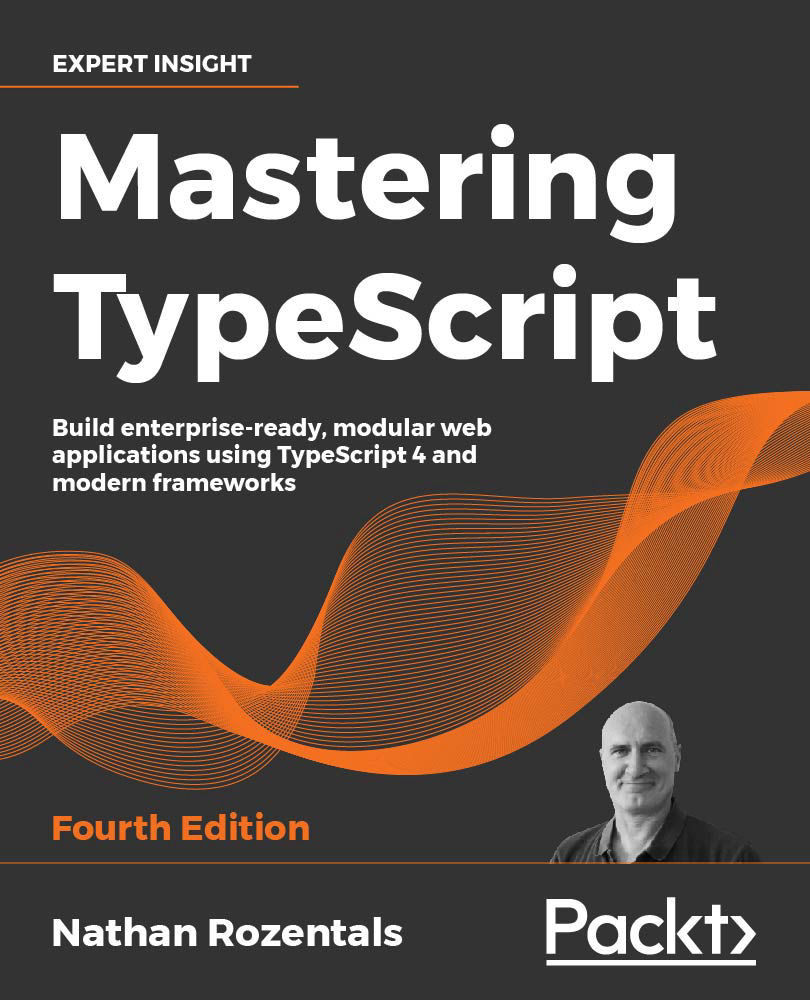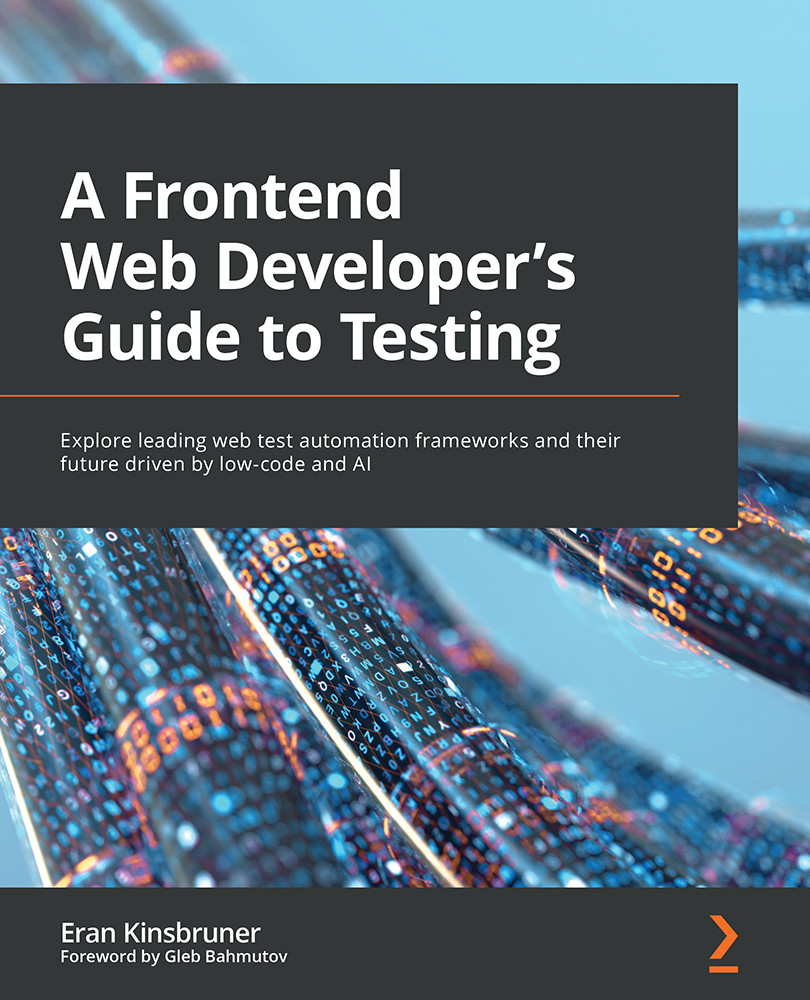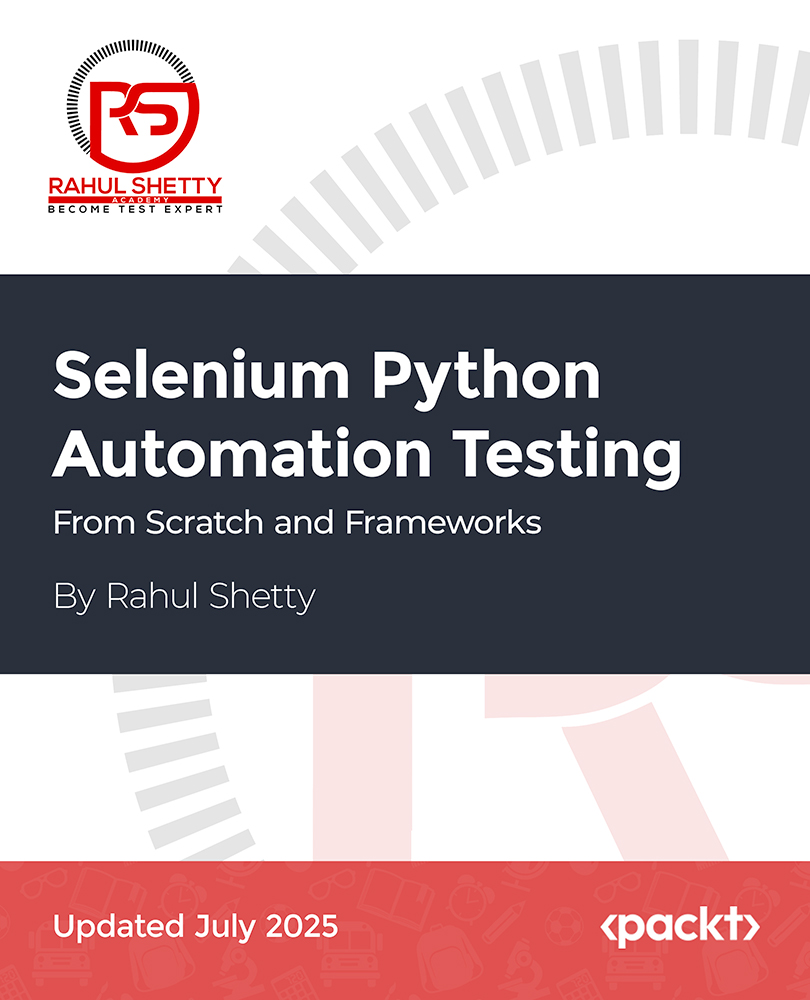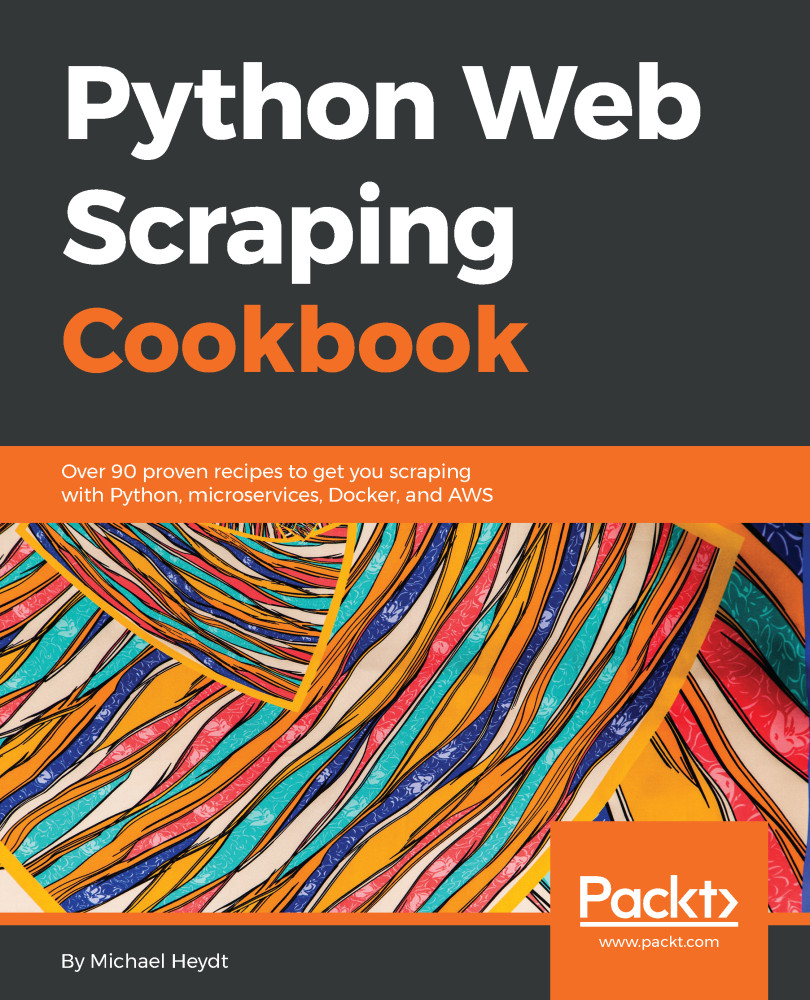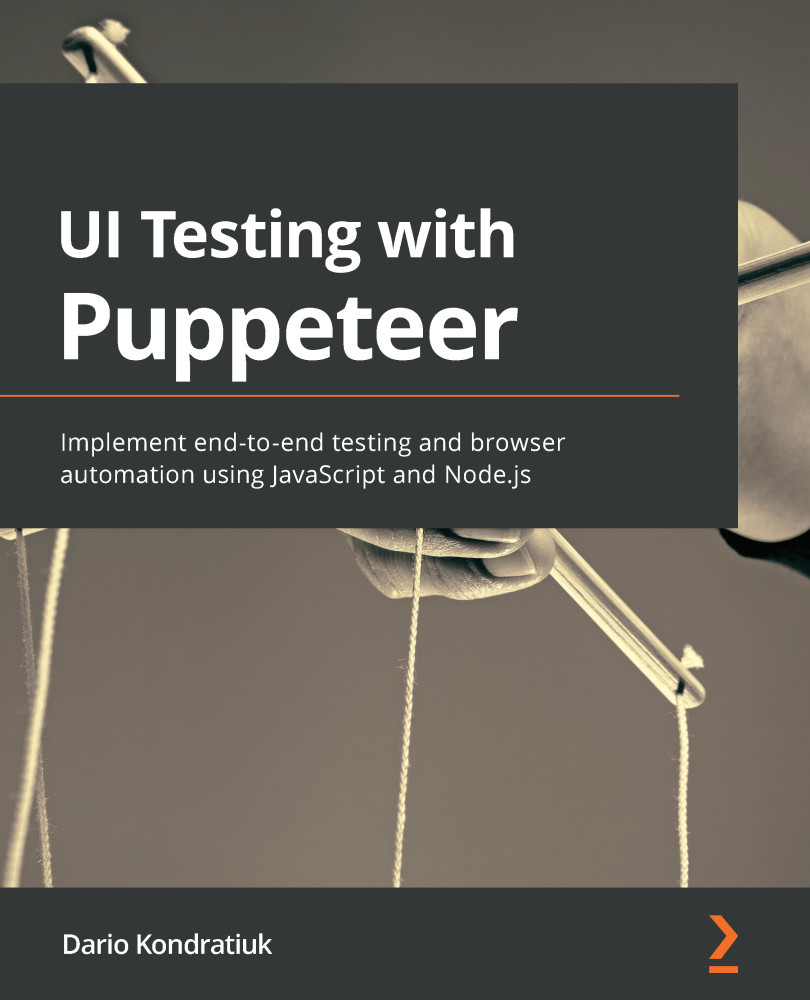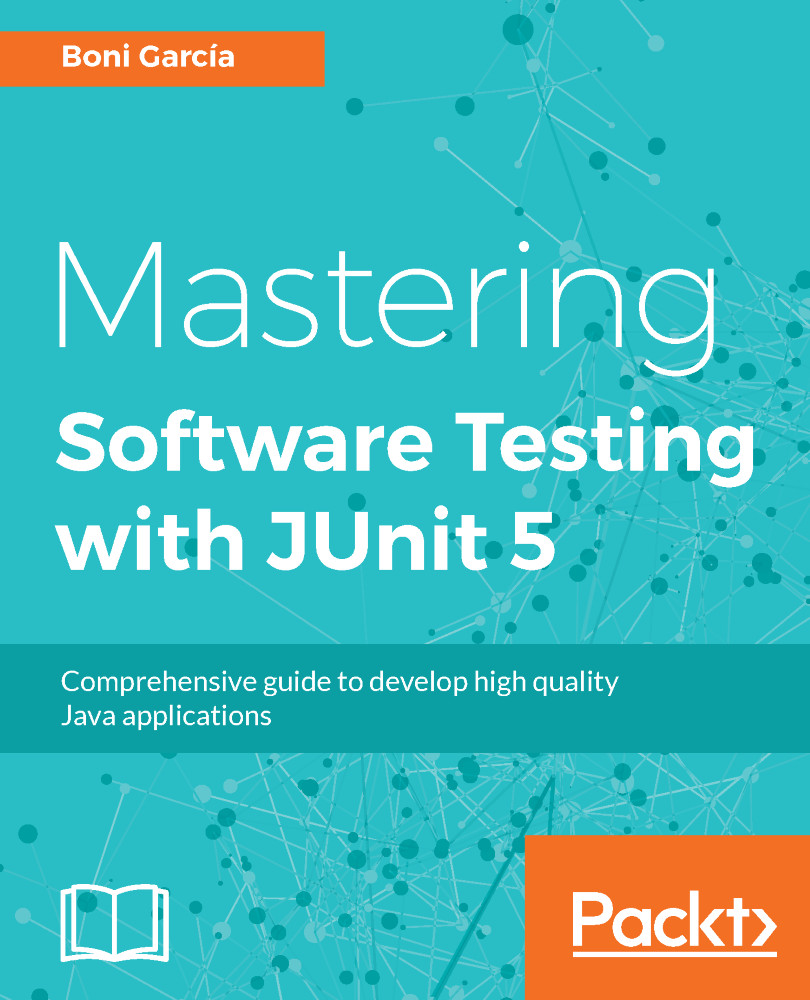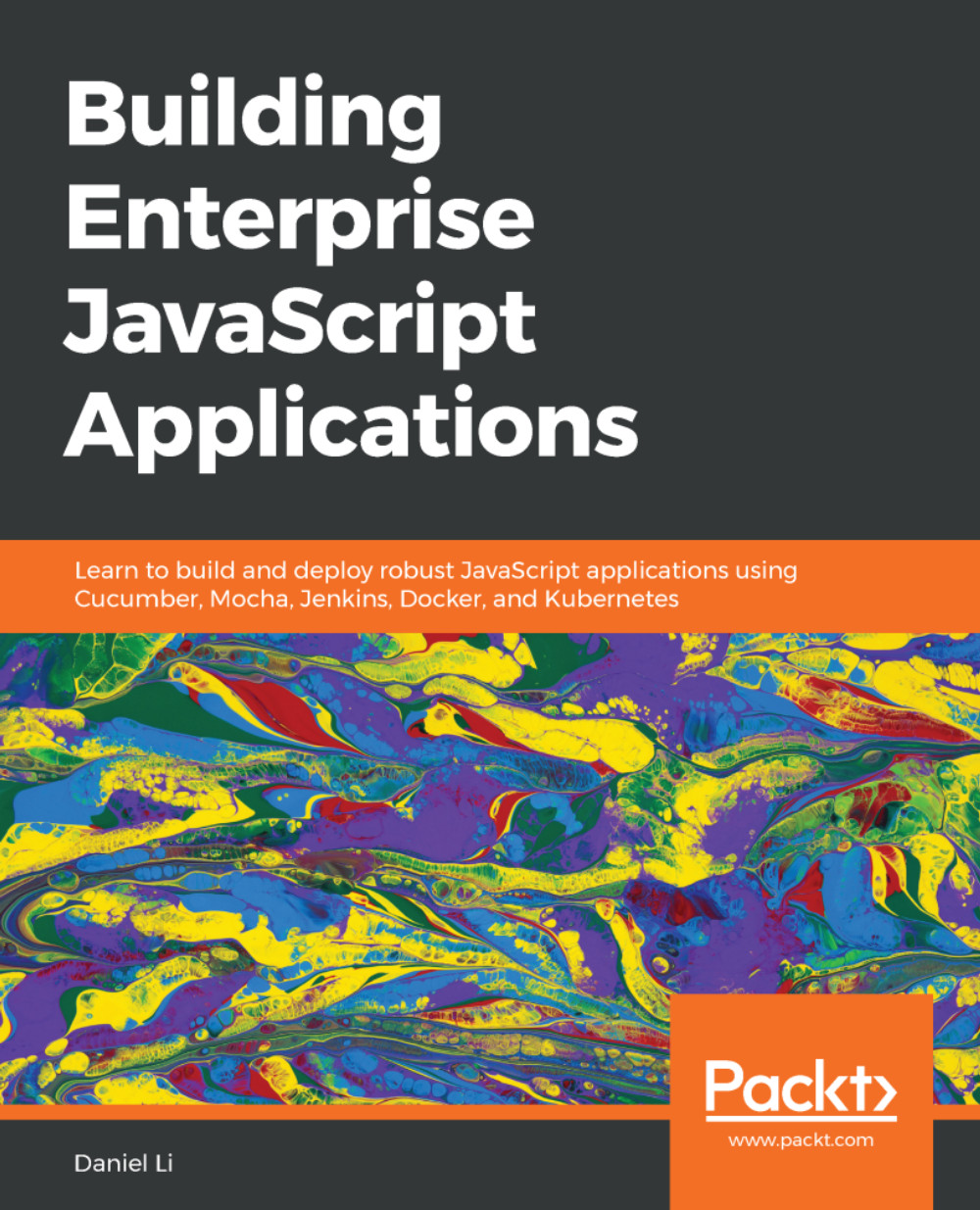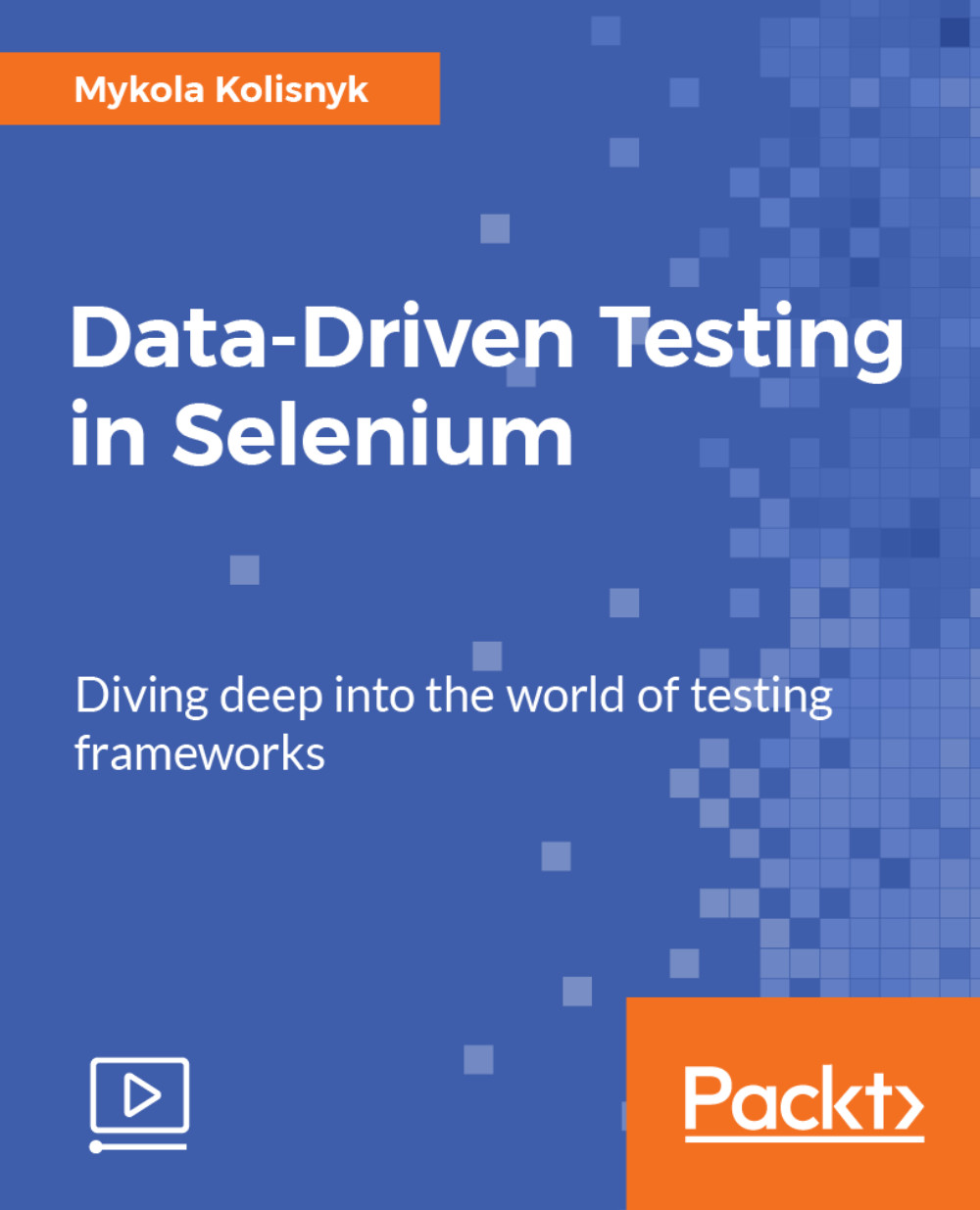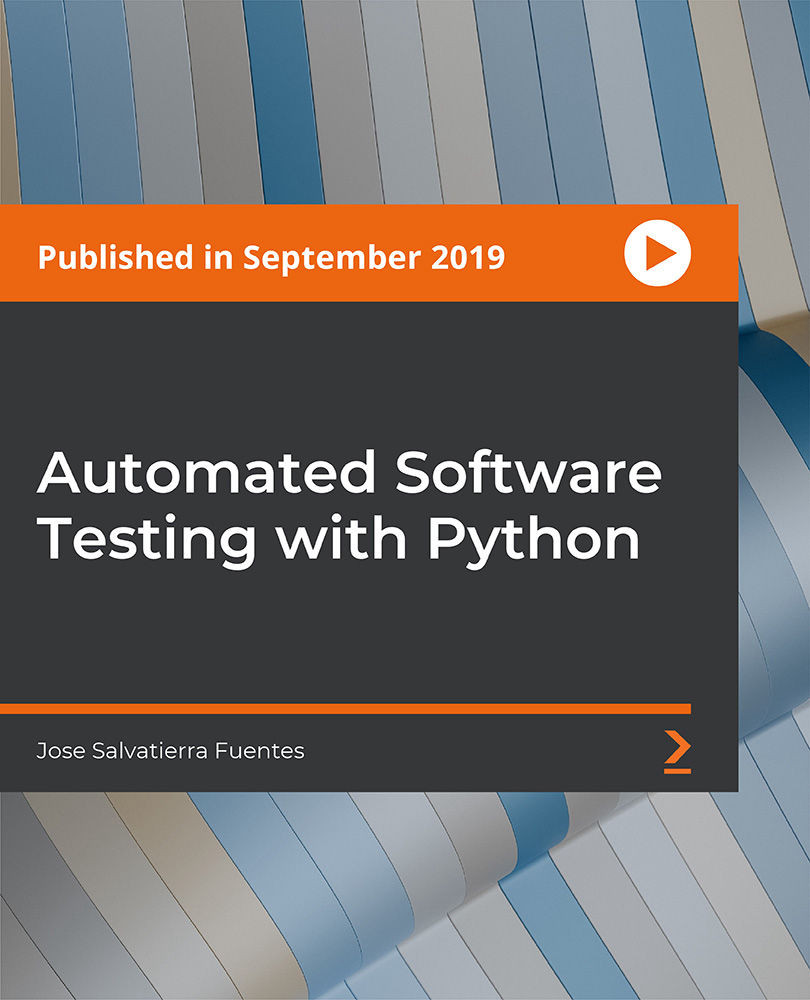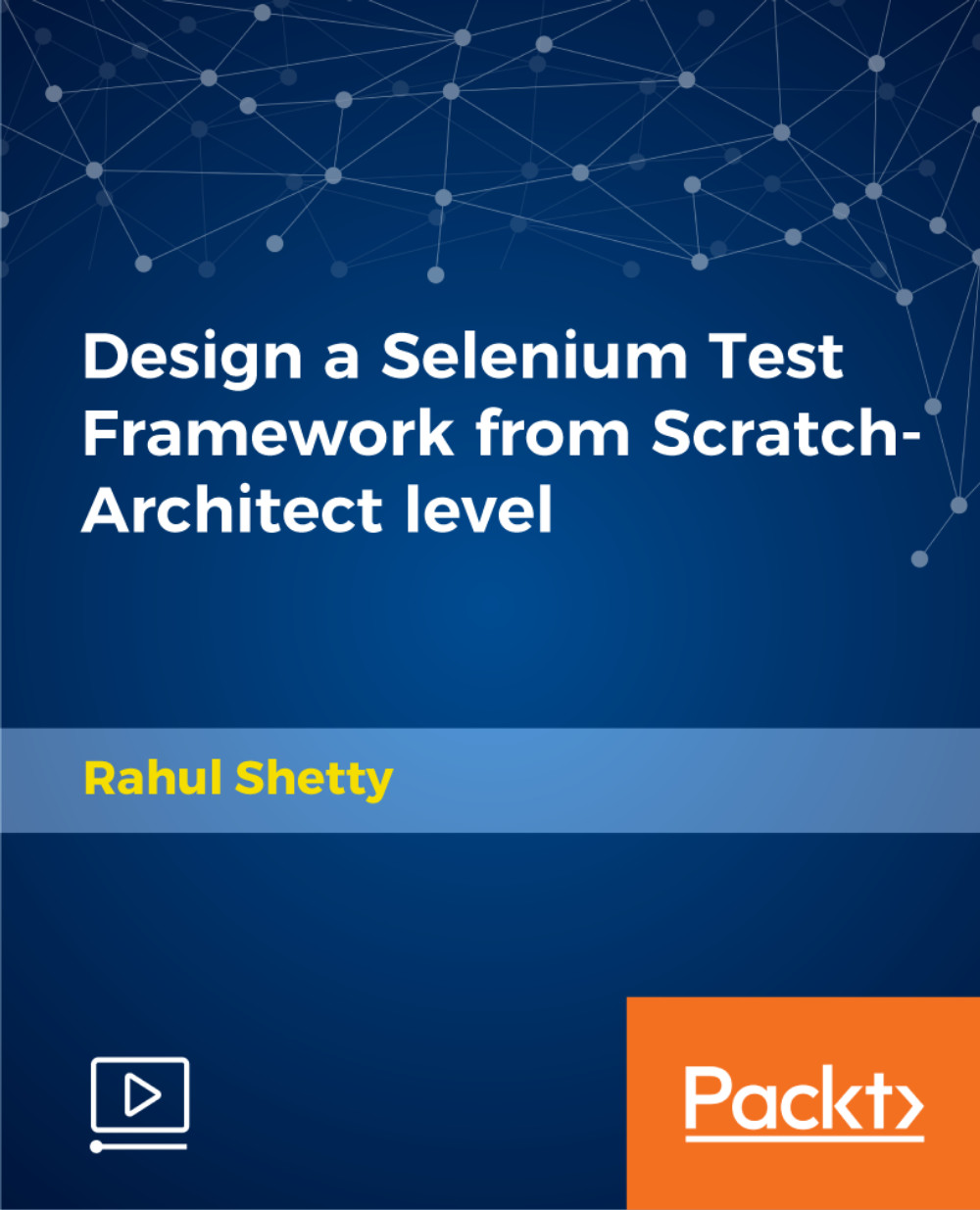TypeScript is both a language and a set of tools to generate JavaScript, designed by Anders Hejlsberg at Microsoft to help developers write enterprise-scale JavaScript.
Mastering Typescript is a golden standard for budding and experienced developers. With a structured approach that will get you up and running with Typescript quickly, this book will introduce core concepts, then build on them to help you understand (and apply) the more advanced language features. You’ll learn by doing while acquiring the best programming practices along the way.
This fourth edition also covers a variety of modern JavaScript and TypeScript frameworks, comparing their strengths and weaknesses. You'll explore Angular, React, Vue, RxJs, Express, NodeJS, and others. You'll get up to speed with unit and integration testing, data transformation, serverless technologies, and asynchronous programming. Next, you’ll learn how to integrate with existing JavaScript libraries, control your compiler options, and use decorators and generics.
By the end of the book, you will have built a comprehensive set of web applications, having integrated them into a single cohesive website using micro front-end techniques. This book is about learning the language, understanding when to apply its features, and selecting the framework that fits your real-world project perfectly.
Read more
 United States
United States
 Great Britain
Great Britain
 India
India
 Germany
Germany
 France
France
 Canada
Canada
 Russia
Russia
 Spain
Spain
 Brazil
Brazil
 Australia
Australia
 Singapore
Singapore
 Canary Islands
Canary Islands
 Hungary
Hungary
 Ukraine
Ukraine
 Luxembourg
Luxembourg
 Estonia
Estonia
 Lithuania
Lithuania
 South Korea
South Korea
 Turkey
Turkey
 Switzerland
Switzerland
 Colombia
Colombia
 Taiwan
Taiwan
 Chile
Chile
 Norway
Norway
 Ecuador
Ecuador
 Indonesia
Indonesia
 New Zealand
New Zealand
 Cyprus
Cyprus
 Denmark
Denmark
 Finland
Finland
 Poland
Poland
 Malta
Malta
 Czechia
Czechia
 Austria
Austria
 Sweden
Sweden
 Italy
Italy
 Egypt
Egypt
 Belgium
Belgium
 Portugal
Portugal
 Slovenia
Slovenia
 Ireland
Ireland
 Romania
Romania
 Greece
Greece
 Argentina
Argentina
 Netherlands
Netherlands
 Bulgaria
Bulgaria
 Latvia
Latvia
 South Africa
South Africa
 Malaysia
Malaysia
 Japan
Japan
 Slovakia
Slovakia
 Philippines
Philippines
 Mexico
Mexico
 Thailand
Thailand
